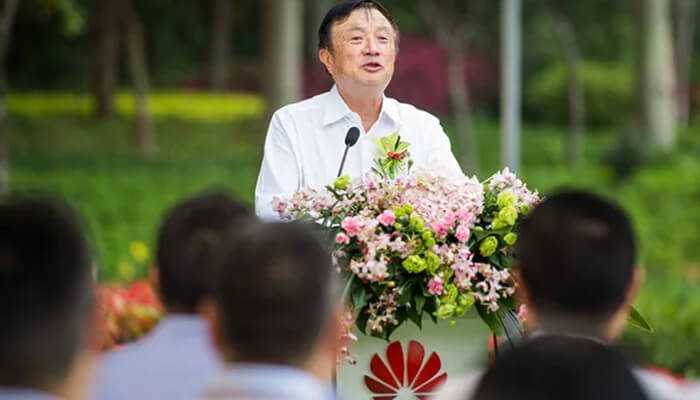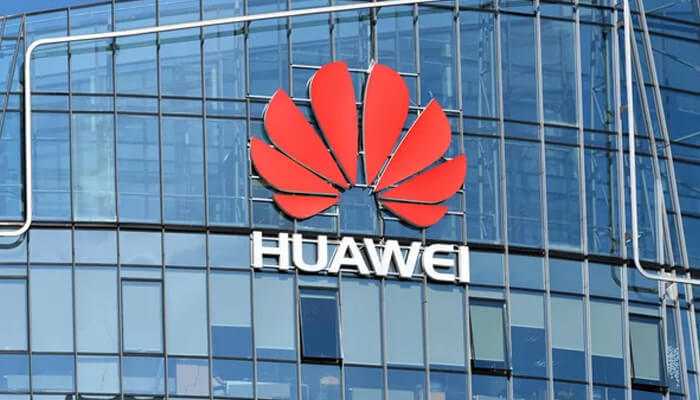One of China’s top manufacturers of ICT equipment and infrastructure is Huawei, whose founder and CEO is Ren Zhengfei (Chinese: RénZhèngfèi).
Ren is a crucial player in the development of the global technology infrastructure, with Huawei at the center of emerging technologies like 5G. His enthusiasm and energy helped Huawei transform from a floundering start-up into one of China’s most prosperous “national champions.”
Influence of the PLA
Ren’s experience in the PLA played a significant role in shaping his entrepreneurial journey. The military exposed him to advanced technology and management concepts, which he later incorporated into his business.
Establishing Huawei
In 1987, Ren founded Huawei Technologies with a registered capital of CNY 21,000 (approximately USD 5,000 at the time). The company initially operated as a distributor of PBX (private branch exchange) switches imported from Hong Kong. Ren’s vision, however, was to make China self-reliant in the telecommunications industry.
Huawei’s early years were challenging, marked by limited resources and fierce competition. Ren recognized the need to pivot the company from trading to manufacturing its own telecommunications equipment. This strategic shift laid the foundation for Huawei’s future success.
He initially focused on importing and selling telephone switches. Huawei’s early years were marked by modest success, but Ren was committed to innovation and expansion. So, how has he managed to accomplish such a massive success that the world knows him for? Here is an overview of his success in the world of entrepreneurship.
1. Market entry strategy
Ren Zhengfei recognized the potential of the telecom industry and saw the opportunity to compete with established players like Ericsson and Nokia. He focused on offering competitive prices and advanced technology to gain market share.
2. Investment in R&D
Ren emphasized the importance of research and development, investing heavily in creating cutting-edge telecommunications equipment. This commitment to innovation helped Huawei become a technology leader in the industry.
3. Global expansion
Ren Zhengfei had a global vision for Huawei from the beginning. In the early 2000s, the company aggressively expanded into international markets, forming partnerships with telecom operators and governments around the world. Huawei’s willingness to customize its products for different markets and offer flexible financing options contributed to its global success.
4. Controversies and challenges
Huawei faced various controversies and challenges, including allegations of intellectual property theft and concerns about its ties to the Chinese government. Despite these obstacles, Ren Zhengfei and his team navigated the company through difficult times.
5. Diversification
Under Ren’s leadership, Huawei expanded beyond telecommunications equipment and entered other sectors, such as consumer electronics, including smartphones and tablets, as well as cloud computing and artificial intelligence.
“There has been no step forward in history that has been easy. We have gone through many twists and turns in the past century.”
6. Team building
Team building played a crucial role in Ren Zhengfei’s success in building Huawei into a global technology giant. Ren Zhengfei recognized the importance of diversity in building a successful team. He encouraged the hiring of individuals from various backgrounds, cultures, and skill sets. This diversity allowed Huawei to bring together a wide range of talents and perspectives, which contributed to the company’s innovation and global perspective.
Ren emphasized a merit-based culture within the company. He believed in promoting and rewarding employees based on their skills, performance, and contributions rather than factors like seniority or personal connections. This approach helped attract and retain top talent, fostering a competitive and dynamic work environment.
Huawei fostered a collaborative and teamwork-oriented culture. Employees were encouraged to work together across departments and share knowledge and ideas. This collaborative spirit allowed Huawei to develop integrated solutions and respond effectively to customer needs.
Ren Zhengfei and Huawei took a long-term perspective when it came to team building. They invested in nurturing talent and building capabilities that would pay off over many years. This approach helped the company weather industry fluctuations and stay focused on its mission.
7. Business Partnership
Ren Zhengfei also understood the importance of strategic partnerships in building and growing his business empire. While Huawei is primarily known for its leadership, it has also engaged with other business partners, and that has contributed to its success
He saw the need to work with carriers as his business partners. Huawei has established strong partnerships with telecom carriers around the world. These partnerships helped Huawei secure contracts to provide equipment and technology for building and expanding telecommunications networks. Collaborating with carriers allowed Huawei to gain a foothold in various markets.
Ren Zhengfei recognized the value of collaborating with other technology companies. Huawei has engaged in partnerships with companies like Google for Android operating systems on its smartphones and Microsoft for cloud services. These collaborations have enabled Huawei to offer competitive products and services.



